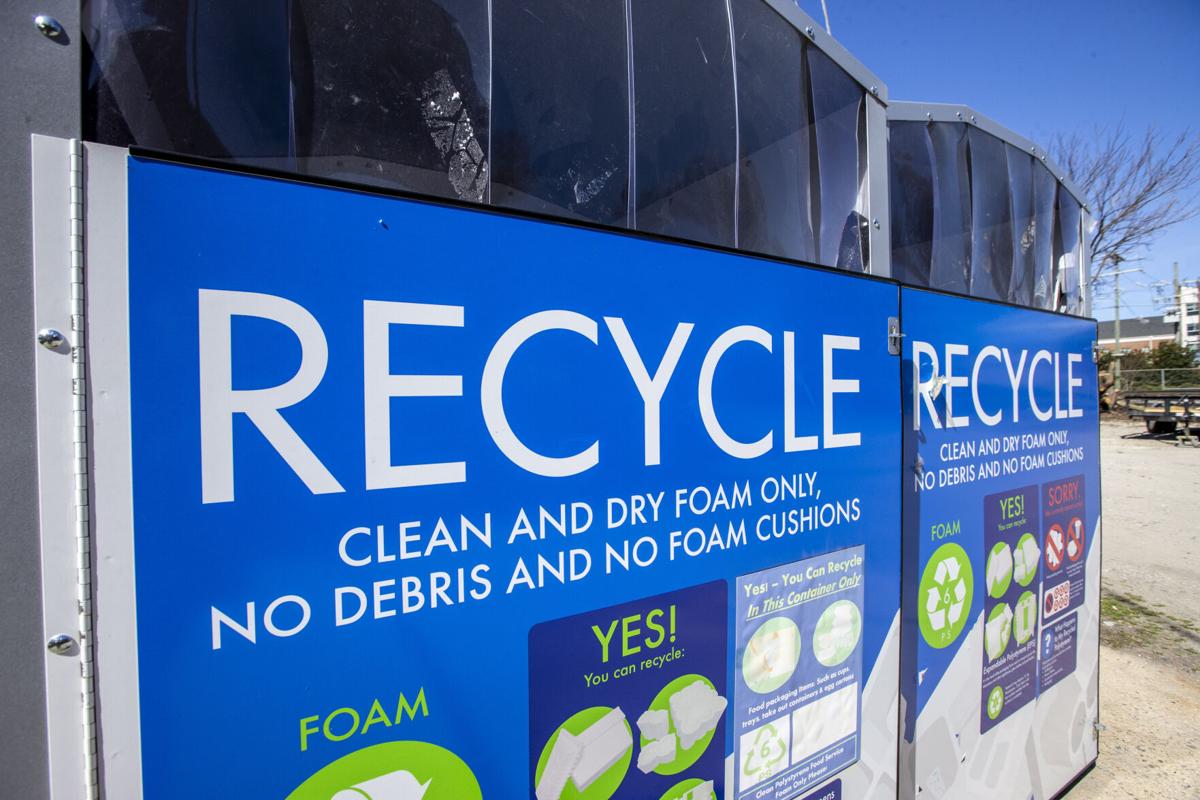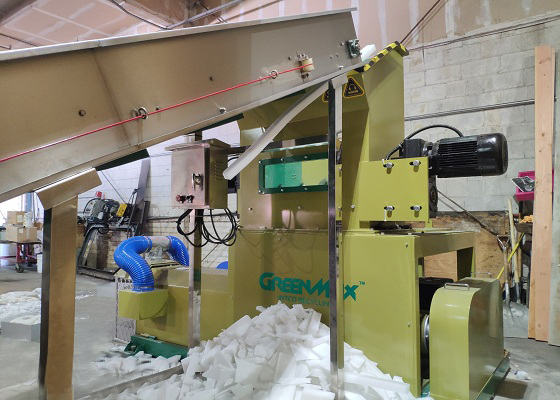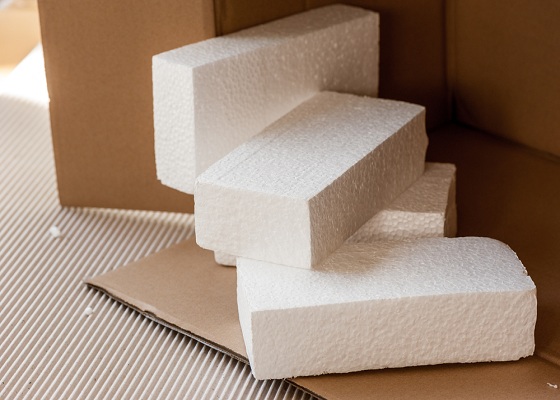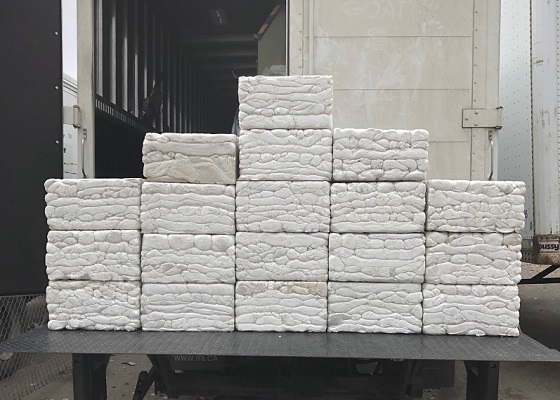Why Does the U.S. Government Begin to Focus on Foam Recycling?
Some time ago, the relevant laws prohibiting the use of foam and other plastics were promulgated in many states in the United States. The reason for these prohibitions is self-evident, which is caused by the high recycling difficulty of foam. The one size fits all ban has undoubtedly had a serious impact on people's daily life. Whether you admit it or not, foam is an indispensable daily material at this stage, and no substitute with the same low price and excellent performance has been found.
Recently, however, this situation is different, and more and more state governments have begun to pay attention to foam recycling. This change is caused by many reasons. This article will analyze what has changed the government's attitude toward banning foam?

The Successful Promotion of Foam Densifier
As the famous saying goes that “Science and technology are the productive forces, and also the primary productive forces.” The foam is banned because its recycling difficulty deterred the government. Instead of spending a lot of energy on control without effect, it was better to ban it directly from the root. However, with the development of science and technology, the foam densifier appeared and changed this situation.

As a kind of foam recycling machine equipped with a hot-melting system, foam densifier has been proved to be able to recover foam efficiently without causing any secondary pollution to the environment. This equipment changes the foam into foam ingots with a volume of only 1 / 90 by heating and melting, which can be used for granulation. In other words, foam densifier perfectly combines the recycling of waste foam with the development of new resources.
Impact of COVID-19
If the foam recycling equipment like the foam densifier gives unlimited possibilities for foam recycling, COVID-19 objectively makes the foam ban difficult to implement. For 2 years, the impact of COVID-19 on people's lives is enormous. It not only prolongs at-home time but also allows those expensive alternatives to be effectively promoted. In this bad period, people's hearts have become very fragile. If the government prohibits people's daily use of foam at this time, they will no doubt not be supported.
In addition, due to the extension of at-home time, people's demand for furniture surged. It is obvious that everyone wants to have a pleasant time at home. Now foam is still the preferred material for furniture packaging.

In addition to the reasons mentioned above, in fact, there are many other reasons for the government to think that recycling is more reasonable than prohibition, such as the difficulty of R & D of foam substitutes, and for example, recycling with foam densifier can create additional revenue for the government.

However, considering all the factors mentioned above, foam recycling is undoubtedly the general trend. It is believed that with the combination of more forces, foam recycling in the United States will gradually get on the right track and achieve a balance between foam use and waste management.
